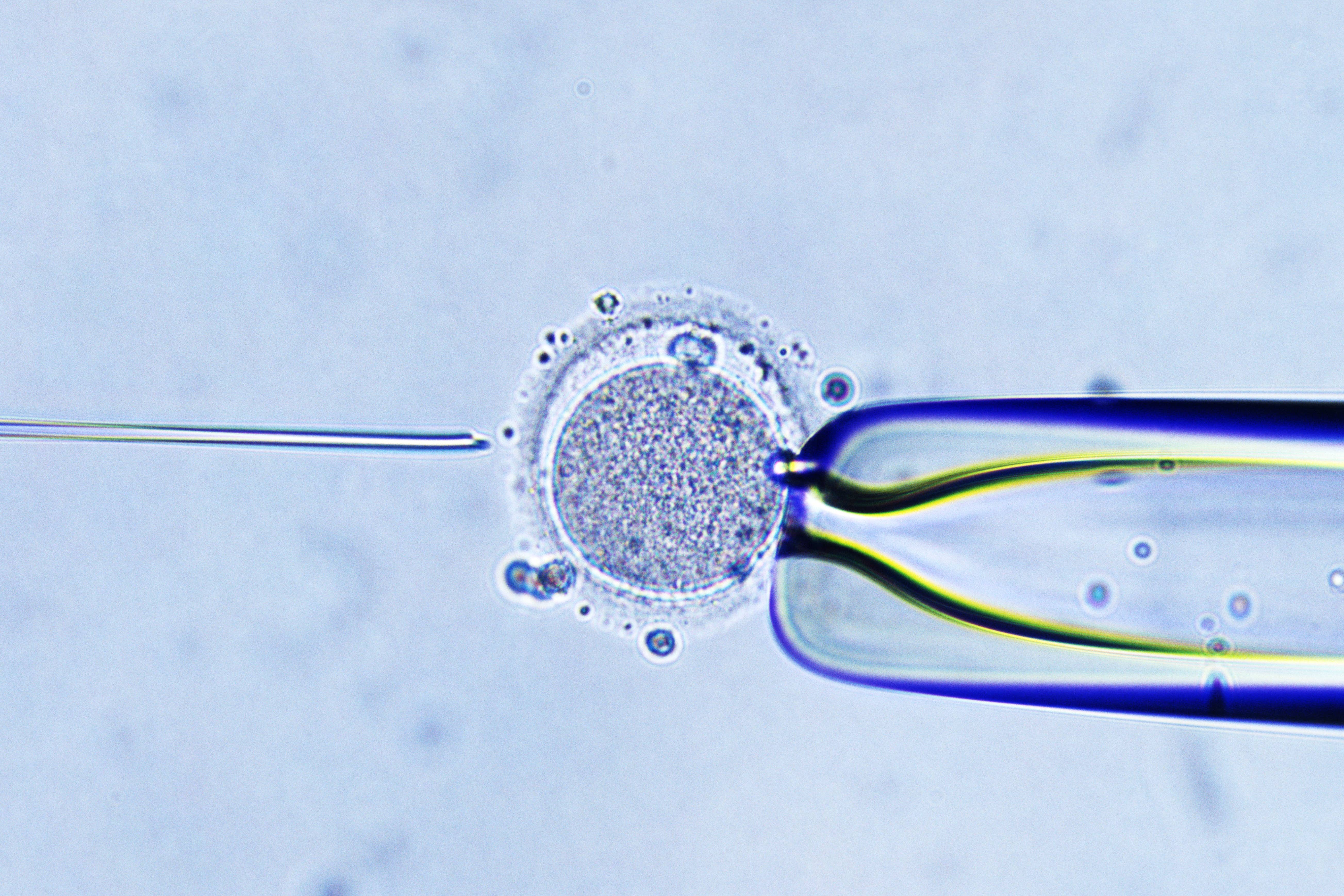
A woman gave birth to another mother’s baby after a fertility care clinic mixed up their embryos.
Monash IVF, which operates across Australia, discovered the mistake in February after the birth parents asked for their remaining embryos from the Brisbane clinic to be transferred to another IVF provider.
An investigation confirmed that an embryo from another woman had been incorrectly thawed and implanted in the birth parents, the Herald Sun reports.
Monash IVF said the incident was due to human error and that it follows strict laboratory safety procedures to protect embryos.
“Instead of finding the expected number of embryos, an additional embryo remained in storage for the birth parents,” the company said in a statement to the news outlet.
Monash IVF apologised to the birth parents, who were notified within a week of the discovery. Australian media reported that the families involved - who have not been identified - are ‘outraged’ and considering legal action.
“On behalf of Monash IVF, I want to say how truly sorry I am for what has happened,” Monash IVF chief executive Michael Knaap said in the statement, adding that the company would continue to support the patients. All of us at Monash IVF are devastated and we apologise to everyone involved. We have undertaken additional audits and we’re confident that this is an isolated incident.”
An independent investigation is taking place into what happened, with the IVF clinic committed to fully implementing any recommendations made.
The error comes after Monash IVF settled with more than 700 former patients for $56 million in August over allegations it destroyed embryos in faulty genetic screening.

The class action claimed that about 35 percent of the embryos the provider classified as abnormal due to faulty testing were actually normal. Monash IVF Group said it had not admitted liability but confirmed it had settled the case through mediation.
Chair of the Australian and New Zealand Infertility Council Association Rebecca Kerner told Australian broadcaster ABC she was shocked by the Brisbane clinic incident.
“My heart goes out to the poor families involved in this horrible mix-up,” Ms Kerner said. The Queensland Department of Health said it had also been made aware of the incident as the new ART regulator.
“We will work with Monash IVF to reinforce safeguards in their Queensland clinics and ensure any risks are identified and mitigated.”
The ART Act was passed last September following an investigation into ART providers in Queensland by the state’s ombudsman.
The ombudsman report found that the collection, storage, identification and distribution of gametes and embryos was the issue with the highest number of complaints.
The chart that reveals why Trump backflipped on tariffs
White House Christmas ornament honors 150 years of culinary diplomacy practiced at state dinners
Australia rejects China’s call to ‘join hands’ amid Trump tariff fallout
Bill that sparked Maori rights protests heavily defeated in New Zealand parliament
Australian girl dies as fire erupts in Singapore cooking class
The ‘significant’ safety failings that caused deadly Sea World helicopter crash







